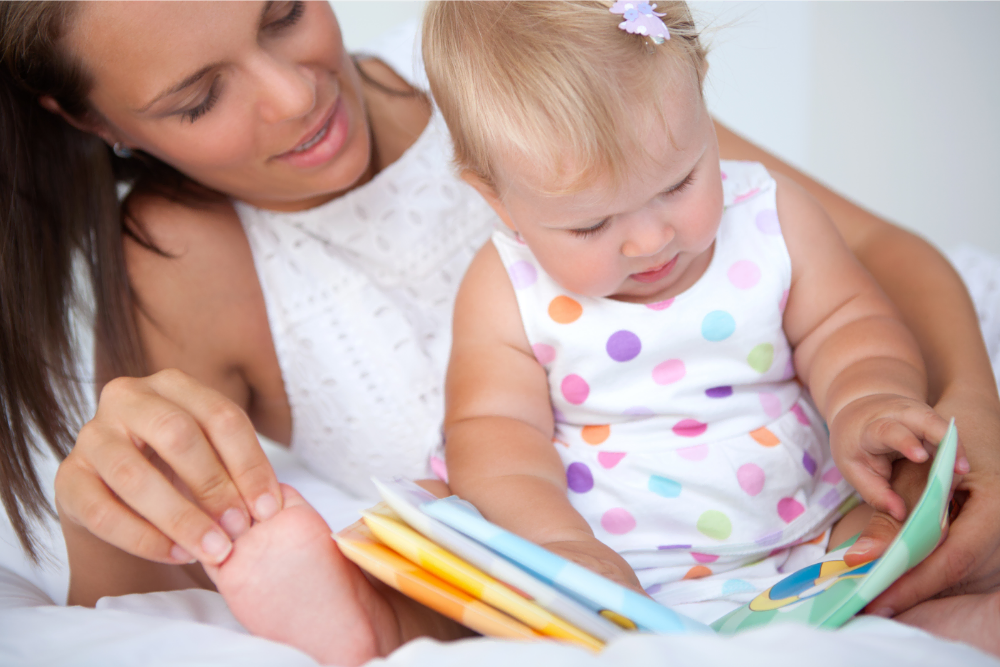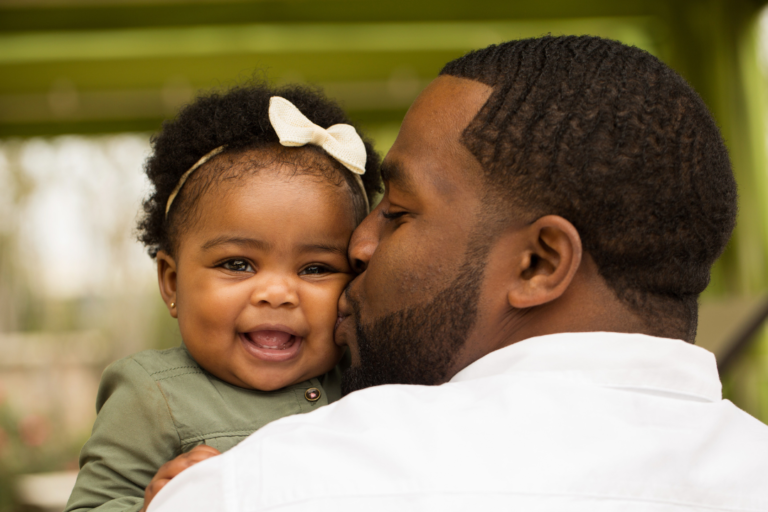The development of speech is an exciting stage in your baby’s life. From their first word to their first full sentences explaining the world as they see it – speech development in your little one will bring you loads of joy (and laughter!).
The first three years of life are considered the most important years for the development of young children. This is the time when your baby will develop rapidly, going from a helpless newborn whose movements are governed by reflexes to an interactive toddler who is master of their world.
As a parent one of your key roles is to recognize your baby’s development and to ensure that they reach milestones at the age-appropriate times. With knowledge you will be empowered to scaffold or support your baby’s development as they learn and master the world around them.
There are so many milestones for cognitive development that we simply cannot address them all. However, the ones relating to language development are worth watching out for and stimulating.
Signs of the development of speech
• Pointing and following your gaze. Just after the nine-month mark, your baby will learn to communicate through gestures, such as pointing. In addition, if you point to something your baby will no longer just look at your finger but follow the direction of your gaze or where you are pointing.
• Understanding language. At around eight to ten months your baby starts to connect meaning with simple words such as “no”, “mommy” or names of family.
• Talking. By one year of age your baby will understand as many as 70 words but on average, will only be uttering 6. Interestingly, the lag between understanding words and making the connection to say them is around 5 months.
What can you do to encourage the development of speech?
There is no doubt that language development is one of the most important skills your child needs to learn. It opens the world up for your baby and is the basis of verbal intelligence. The very best way to enhance communication (including non-verbal) and language development is to communicate all the time.
Research has found that chatty moms have brighter kids because simply they stimulate the language areas of the brain all day. That’s good news if you are a talkative person. If not, make an effort to talk more, to label everything your baby sees and touches and read books to your baby and toddler.
WARNING
Studies conclusively show that delayed language is linked to screen time. For this reason, it’s recommended that babies under the age of one year old have absolutely zero screen time (TV, tablet or cell phone).
When to be concerned about speech development?
As with other milestones, we should be concerned when we see clusters of delay in language development. If your little one is unaware of sounds or slow to respond from a young age, the first step is to rule out hearing problems or glue ear. A visit to an audiologist is the right place to have this checked out.
If your baby understands all language well and follows through on instructions but is not talking at 18 months, I would watch them more carefully but it will probably be fine. For these babies language often happens in an explosion – from no words to sentences. This is not the norm though. If you are concerned chat to your paediatrician.
The take home message on development is that your baby is unique. A solitary delay or lag is generally nothing to worry about and does not indicate any long-term issues for your baby. However a cluster of issues, especially if the delays are in more than one of the developmental areas – social-emotional, gross motor and language – should be investigated.
Download the Parent Sense app for more guidance and daily tips to encourage your baby’s development.




